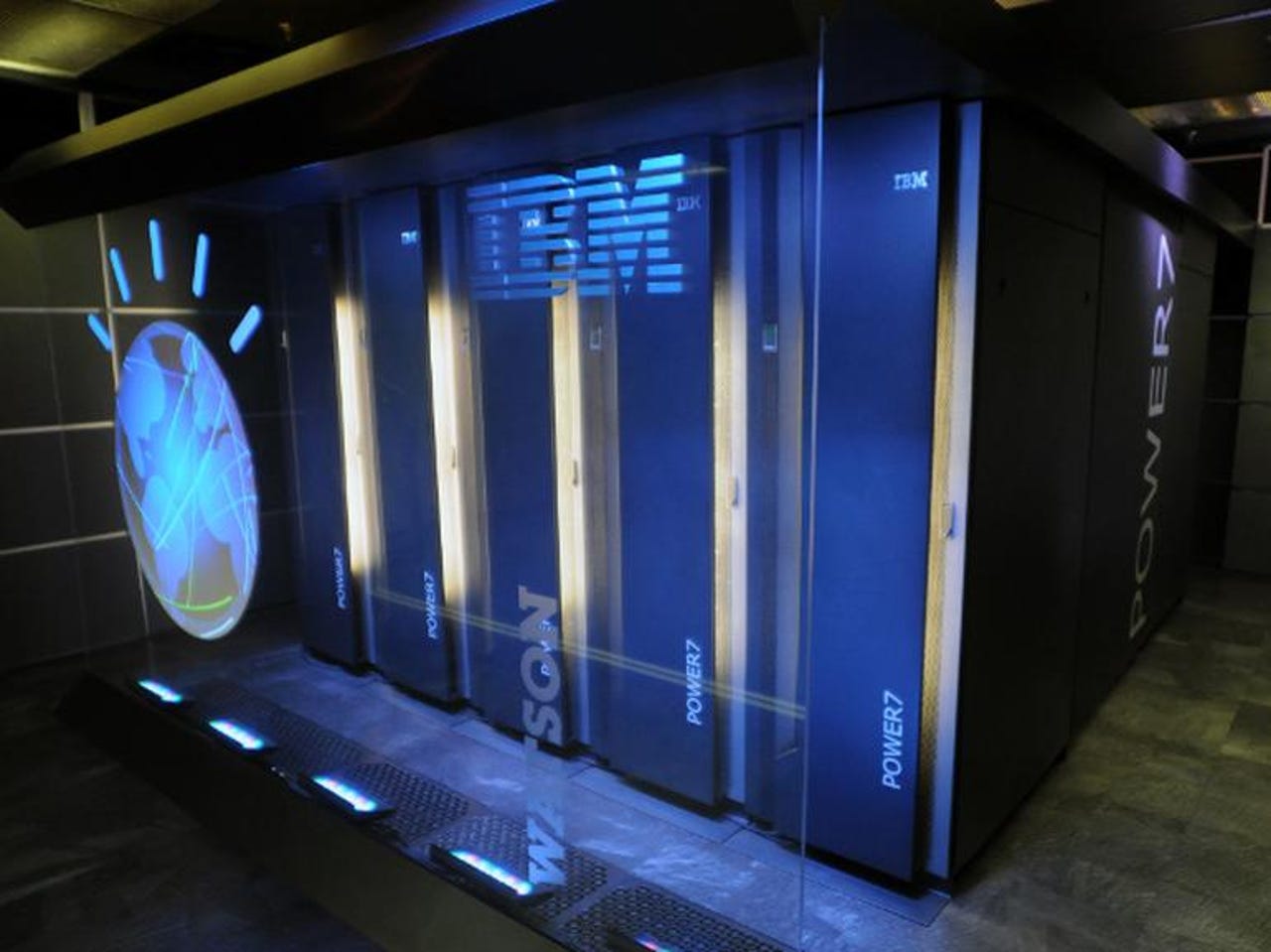IBM contributes Watson technology to Joe Biden's cancer moonshot initiative


Image: File photo
IBM is contributing its Watson technology to Vice President Joe Biden's cancer moonshot initiative, helping the Department of Veterans Affairs (VA) over the next two years to deliver precision care treat 10,000 veterans with cancer.
The partnerhsip is being announced at Biden's National Cancer Moonshot Summit on Wednesday, at which more than 300 cancer leaders will convene, with more than 200 regional institutions sponsoring local events. President Obama tasked Biden with leading the national initiative to find a cure for cancer after the vice president lost his 46-year-old son Beau Biden to brain cancer.
The VA, as the nation's largest health system, treats 3.5 percent of U.S. cancer patients -- the largest cohort of cancer patients in the country. The Watson cognitive computing platform will help the VA's precision oncology department deliver individualized treatment plans for those patients, which otherwise wouldn't be possible at such a scale.
"In the not too distant past, every patient with breast cancer, lung cancer... they were all treated exactly the same because we didn't know any better," Dr. Michael Kelley, the national program director for oncology at the VA, told ZDNet. "Having the technology which can in minutes annotate... gene mutations for individual patients is a step in the right direction."
To prepare an individualized treatment plan, teams of scientists and clinicians must sequence a patient's DNA to pinpoint the likely cancer-causing mutations and determine what treatments would target those specific mutations. But given all the genes implicated and the many mutations now known, it's "no longer possible to do that in a way which I think is scalable beyond a single institution without a lot of experts there," Kelley said.
Using Watson for Genomics, the VA's precision oncology program should be able to identify precision treatment plans for nearly 30 times more patients than it could previously serve. And by producing a genetic alteration file that meets industry-wide standards, Watson for Genomics can help patients anywhere in the world, effectively "democratizing" treatment, said IBM vice president Steve Harvey.
"Whether you live in Boston or Beijing or a rural town in the Midwest, you're going to get the same report," he said. "It shouldn't matter whether you're in a small town or a large city with well known treatment centers... Getting your oncologist access to the most up to date information... is huge."
Watson for Genomics draw insights from vast data sources, including structured and unstructured data, and produces a list of potential therapies for a patient ranked by levels of evidence. It provides doctors with links to associated research and clinical trials to consider as they consider the options.
Over the past two years, IBM has collaborated with more than 20 cancer institutes such as the Cleveland Clinic to train and validate Watson for Genomics. As it continues to collaborate with large institutions like the VA, the results should help advance genomic research. And any feedback that Watson receives will be incorporated into new releases of the system.
That's why IBM is donating Watson technology for two years.
"One of our big goals at Watson Health is being able to change the face of health care through data and insights," Harvey said. "We're only going to be able to do that through collaboration."